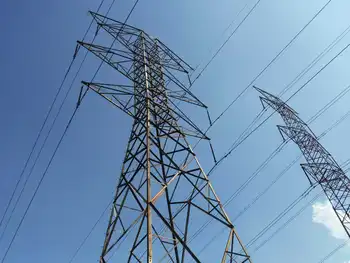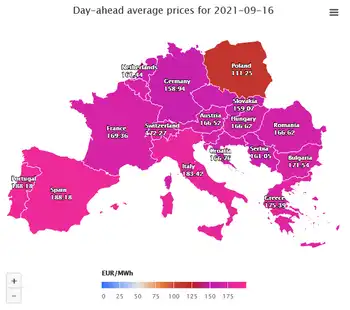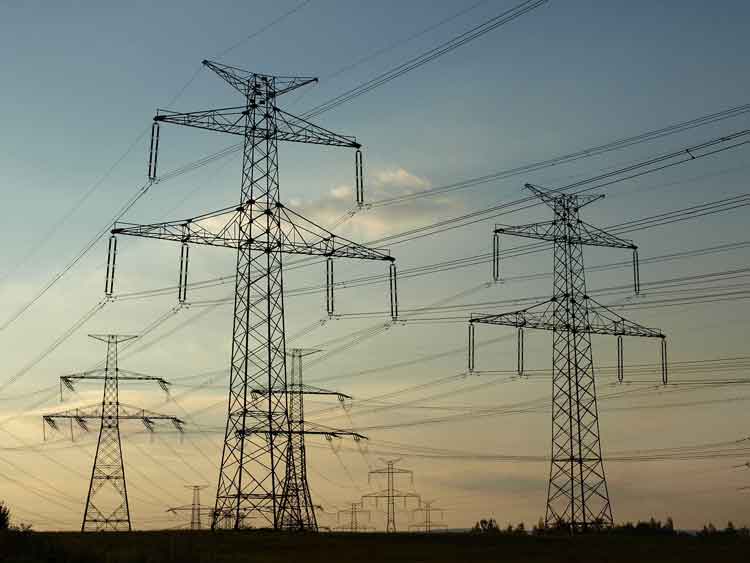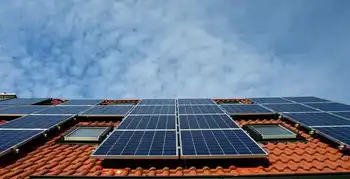Europe to build off shore supergrid
The grid will be the first of its kind in the world and is designed to allow countries investing heavily in offshore wind energy projects to transfer energy easily between the grids of participating countries. Currently known as the "North Seas Countries' Offshore Grid Initiative," the political declaration has been signed by ministers from the UK, Germany, France, Belgium, the Netherlands, Luxembourg, Denmark, Sweden and Ireland.
The first step will be to prepare a strategic work plan in early 2010 that will coordinate offshore infrastructure development, after which a memorandum of understanding will be signed next year.
"Talks begin today in Copenhagen on how we can cut carbon emissions worldwide," said Energy and Climate Change Minister Lord Hunt. "A large part of that will be continuing the domestic decarbonization of our energy supplies by moving to low-carbon sources, including wind. We're already the world leader in offshore wind here in the UK, and today's announcements bring new funding and expert direction to grow this vital new industry. They also mean we can work with other countries in the EU to increase our renewable energy supplies."
Eamon Ryan, Ireland's minister for communications, energy and natural resources, commented: "Irish windfarms will be able to connect directly to Europe, not only securing our energy supply, but allowing us to sell the electricity produced on a wider market. It makes economic, as well as environmental, sense. By working together, all of the countries involved will reap the benefits."
The decision to create a supergrid has been welcomed by both the UK and European wind energy associations.
Justin Wilkes, European Wind Energy Association policy director, said: "These nine countries have taken a step in the right direction. The building of a supergrid in the North Sea is vital for fully exploiting Europe's biggest energy source — offshore wind. More than 100 gigawatts of offshore wind projects are at various stages of planning, which could provide more than 10% of the EU's electricity. A new multibillion-euro European industry is emerging, one that will create thousands of jobs, provide affordable electricity, boost Europe's energy security, and help fight climate change."
In related news Lord Hunt also announced the next round of low-carbon energy demonstration capital grants for Vestas Wind Systems A/S; Clipper Windpower Marine Limited, part of Clipper Windpower, Incorporated; and Mitsubishi Power Systems Europe Limited.
Wind turbine maker Vestas will receive £3.5 million from the government and the South East England Development Agency, in addition to £6 million (US$9.8 million) already awarded. The funds will be used to keep its research and development facility on the Isle of Wight running. Earlier this year, the Danish company shut down the UK's only large wind turbine manufacturing plant on the Isle of Wight, resulting in a loss of 600 jobs.
Related News

Hydro-Quebec begins talks for $185-billion strategy to wean the province off fossil fuels
MONTREAL - Hydro-Québec is in the preliminary stages of dialogue with various financiers and potential collaborators to strategize the implementation of a $185-billion initiative aimed at transitioning Quebec away from fossil fuel dependency.
As the leading hydroelectric power producer in Canada, Hydro-Québec is set to allocate up to $110 billion by 2035 towards the development of new clean energy facilities, with an additional $50 billion dedicated to enhancing the resilience of its power grid, as revealed in a strategy announced last November. The remainder of the projected expenditure will cover operational costs.
This ambitious initiative has garnered significant interest from the financial…




